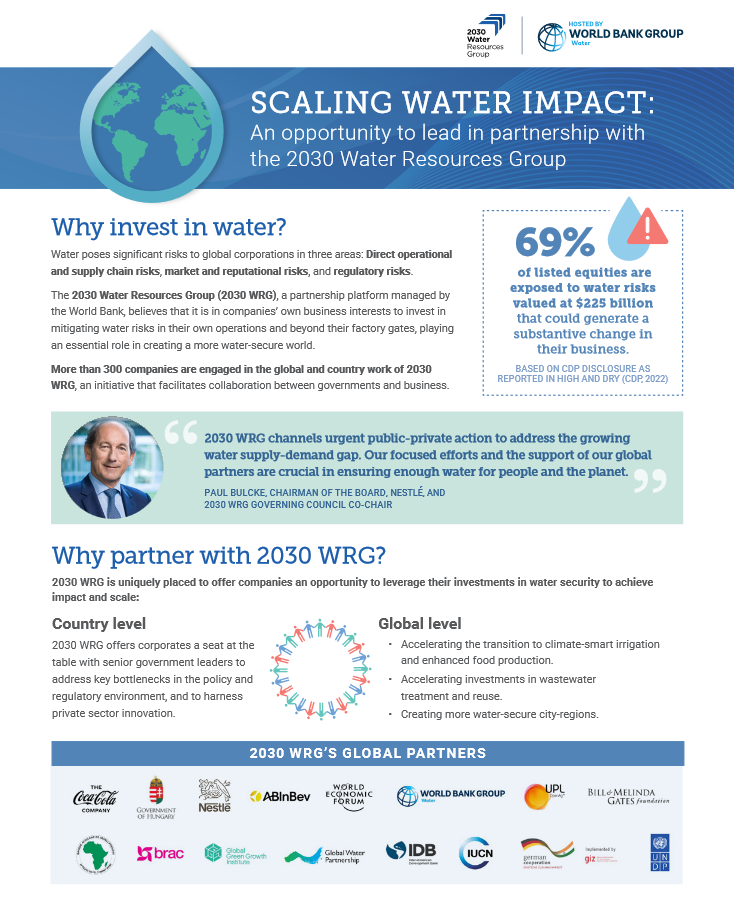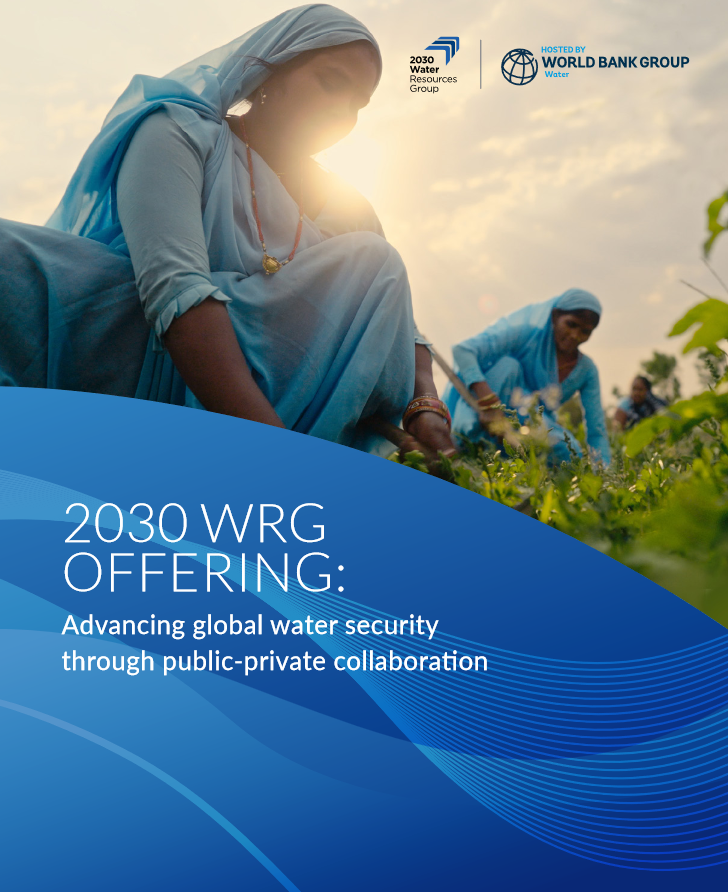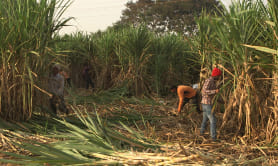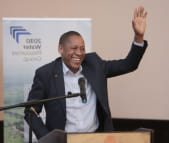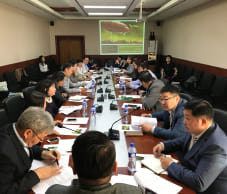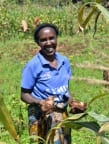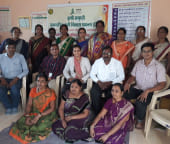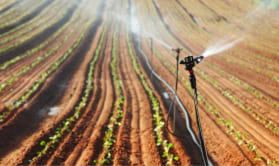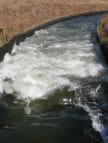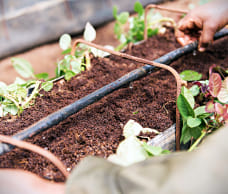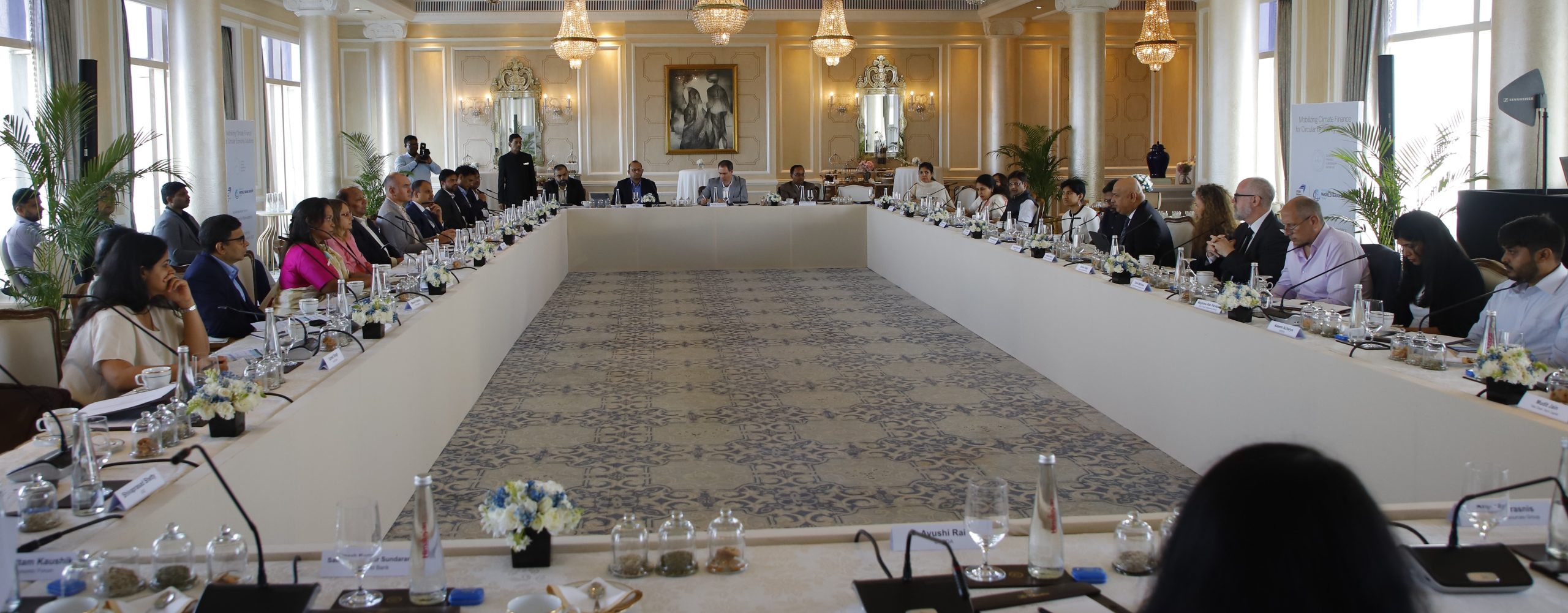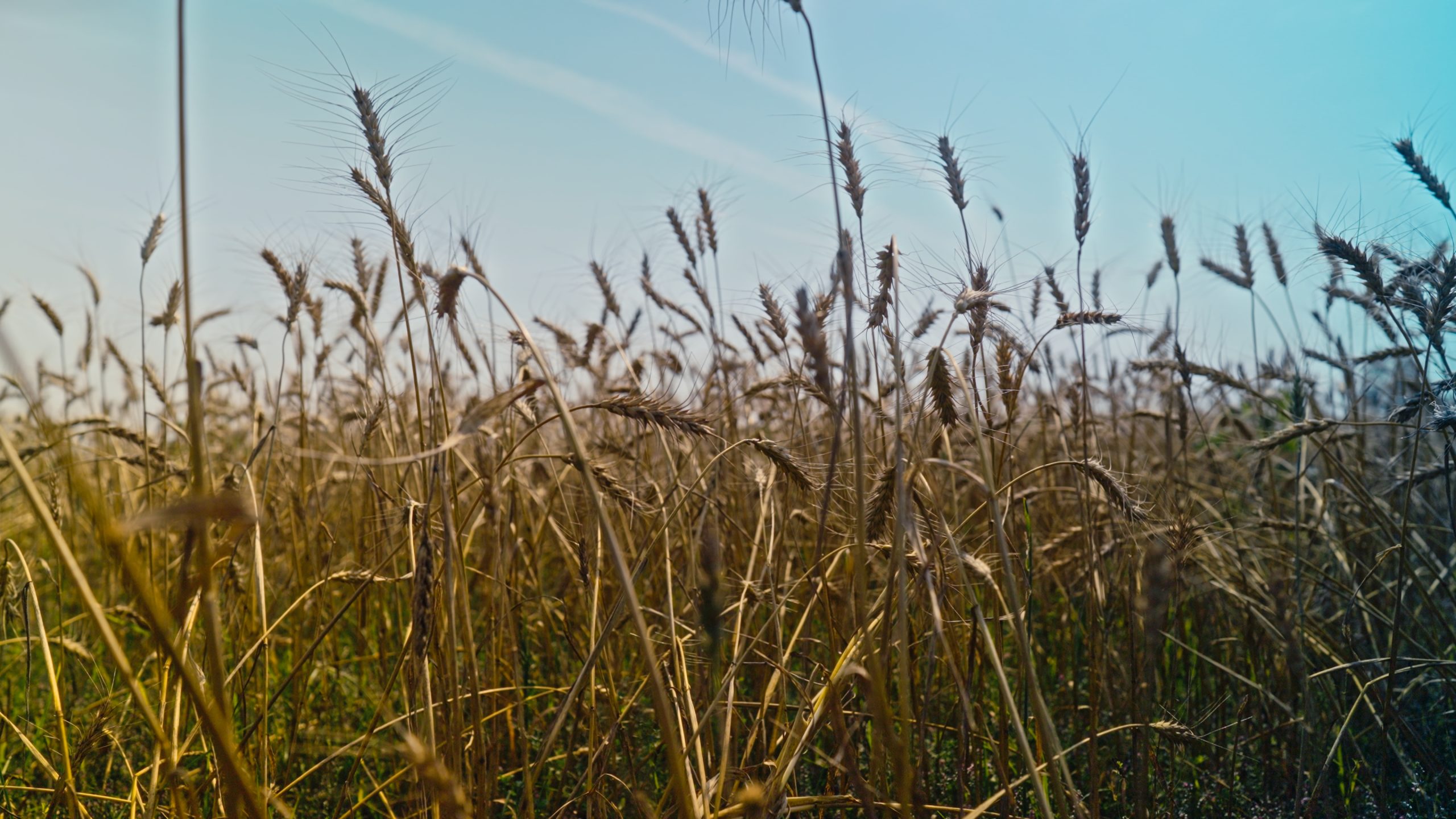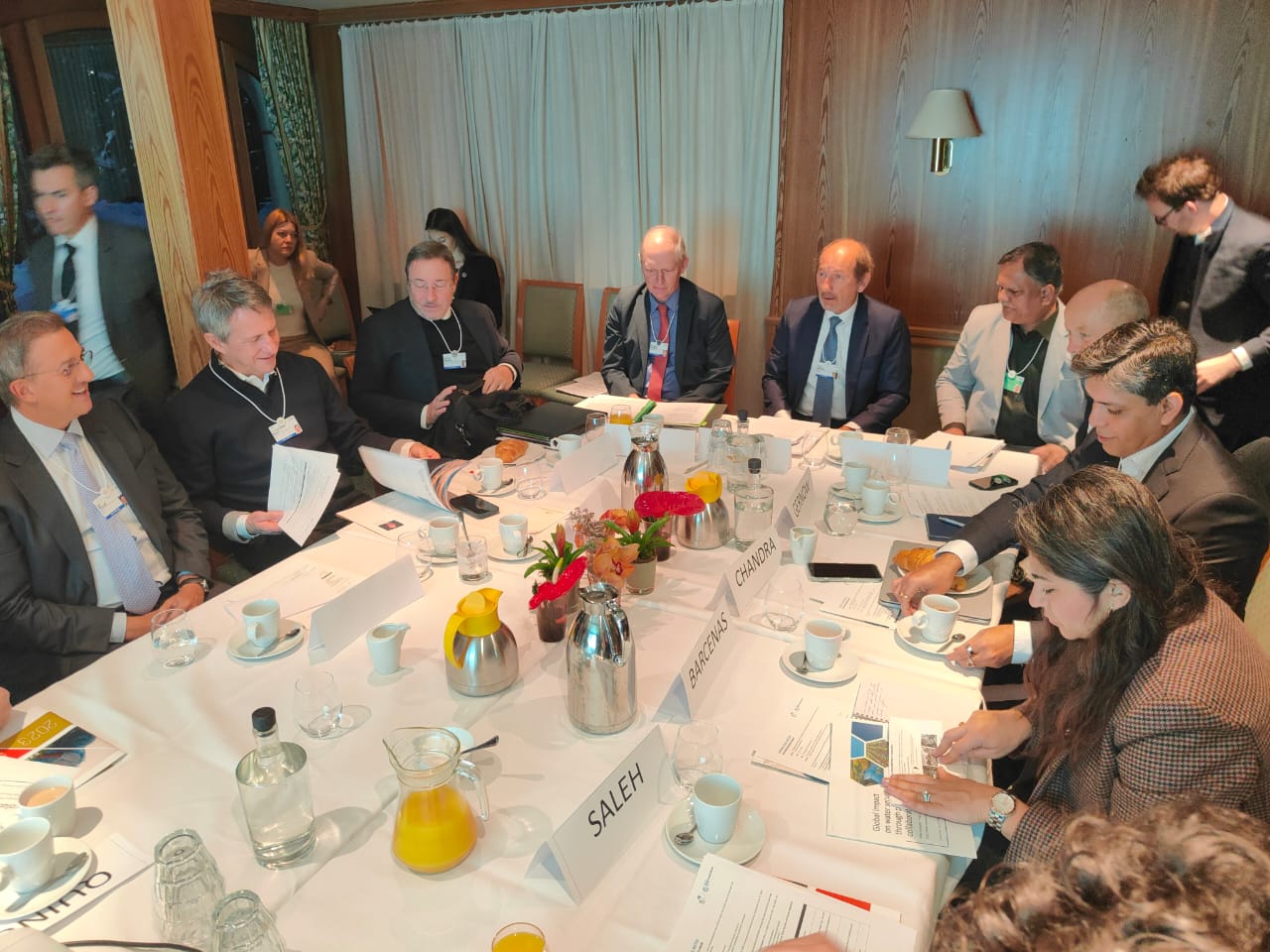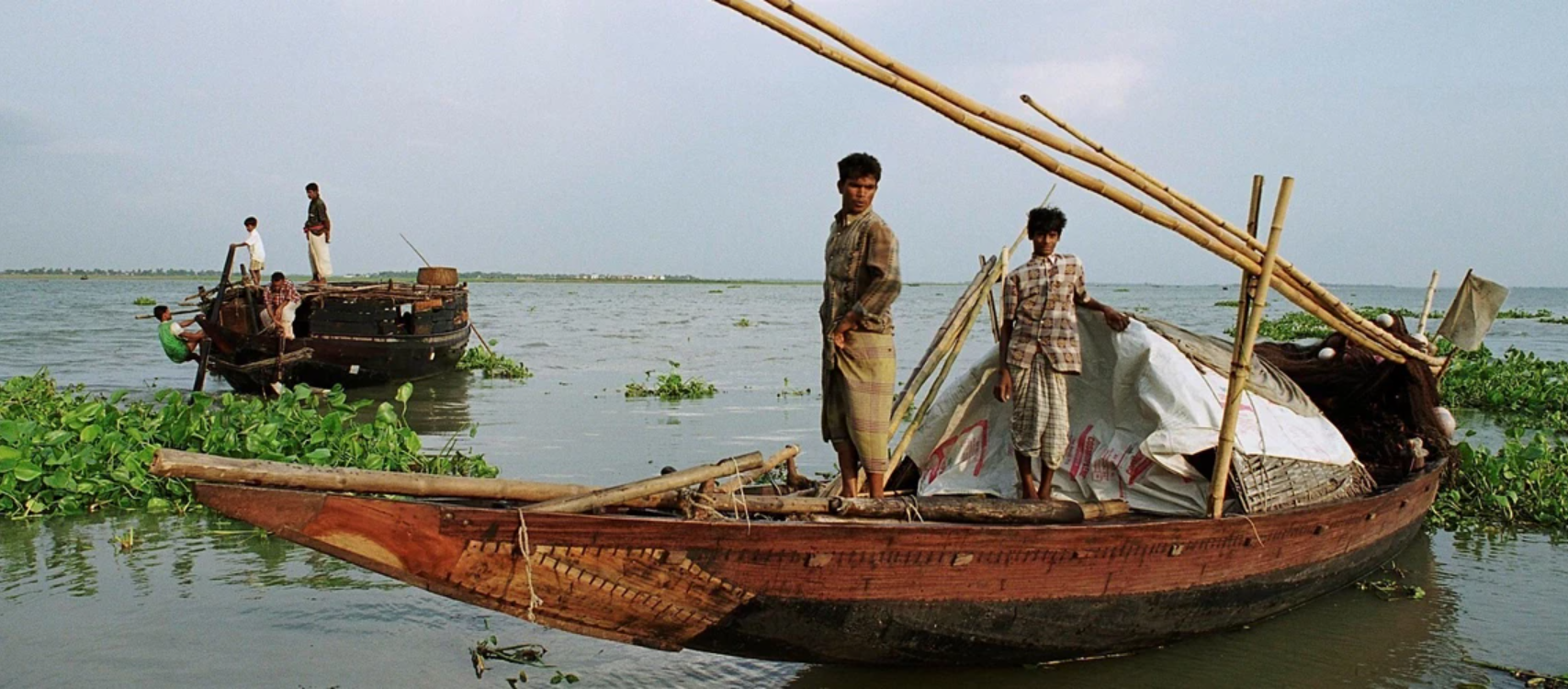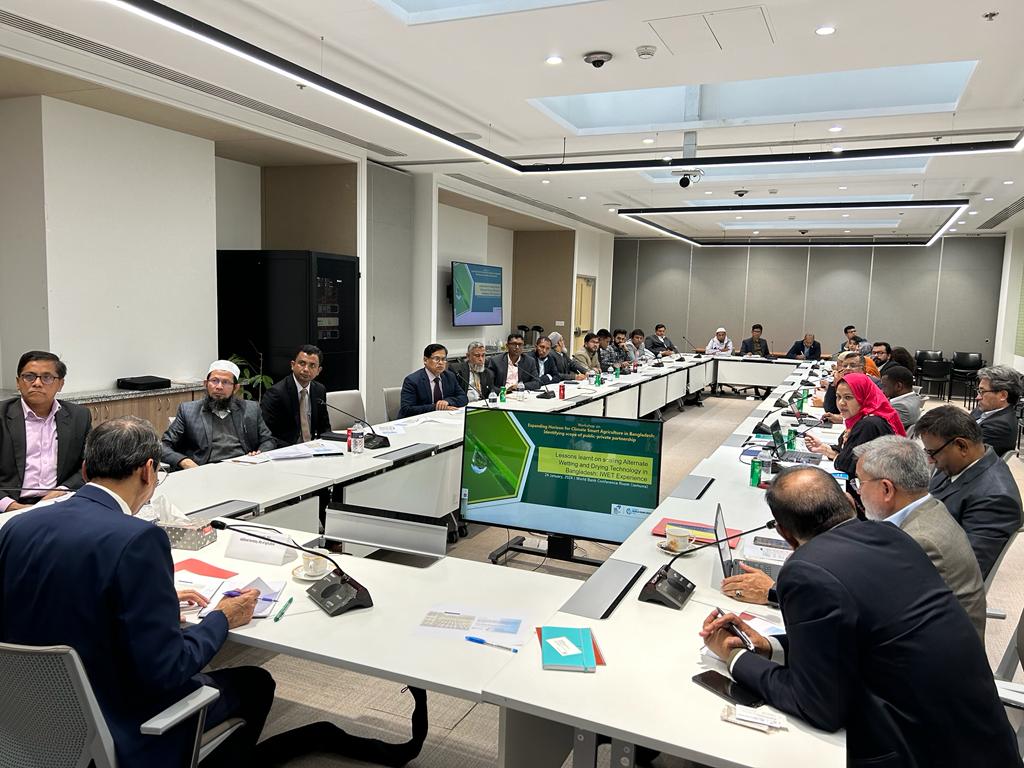2030 WRG: Advancing Global Water Security
through Public-Private Collaboration
The 2030 Water Resources Group (2030 WRG) is a multi-donor trust fund managed by the World Bank’s Global Water Practice that advances the role of the private sector in addressing global water insecurity and climate change impacts together with government and civil society.
Read more here:

Who we are
The 2030 Water Resources Group (2030 WRG) is a unique public, private, civil society partnership. It is hosted by the World Bank Group. With more than 1,000 partners around the world, our platforms help to drive systemic change and advance transformative leadership of institutions.
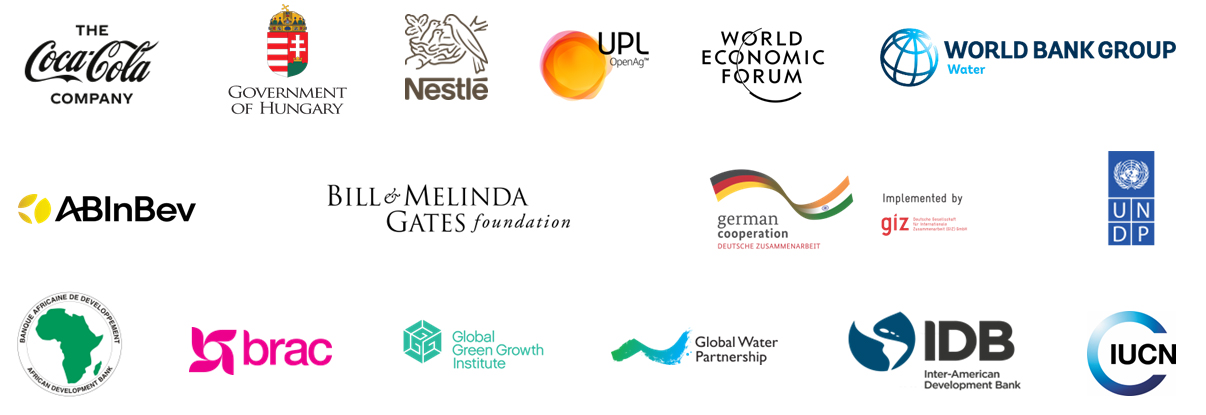
Where we work


Mexico
Mexico faces important water resources management, water supply and sanitation, and water security challenges. A “gap analysis” conducted recently estimates that in 2030, the water gap could exceed 23 million m³/year.
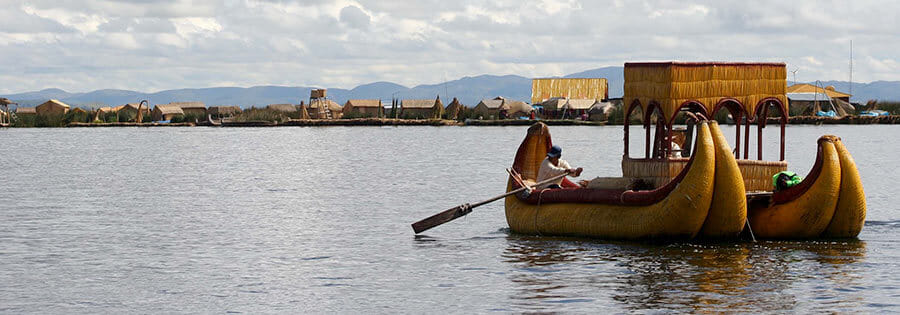

Peru
Programs in Peru


São Paulo, Brazil


Mongolia
Programs in Mongolia


Bangladesh
Programs in Bangladesh
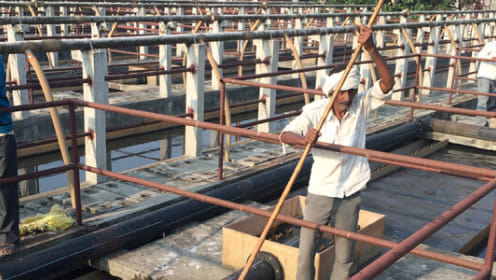

India
Programs in India


Ethiopia
Programs in Ethiopia
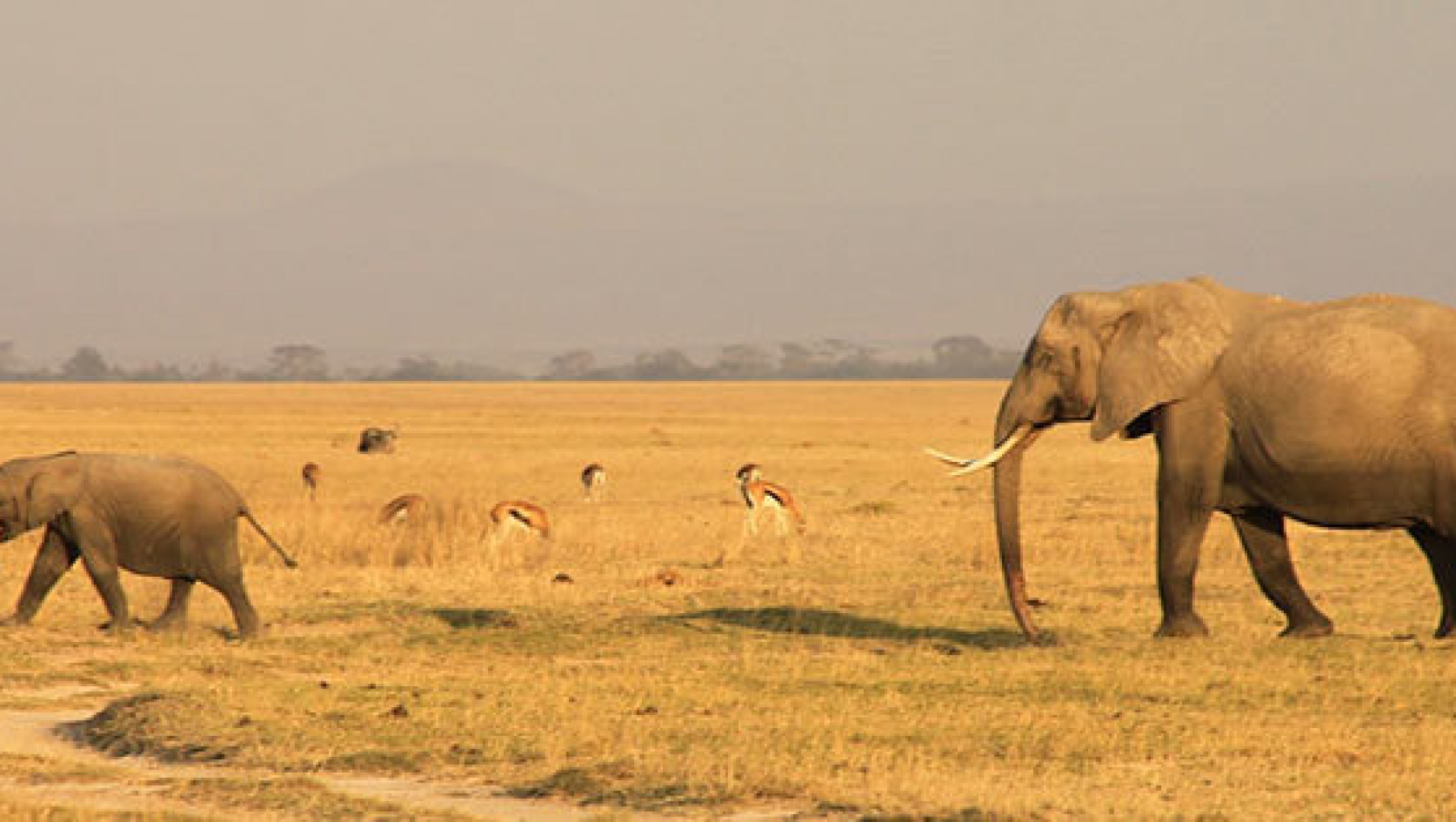

Kenya
Programs in Kenya


Tanzania
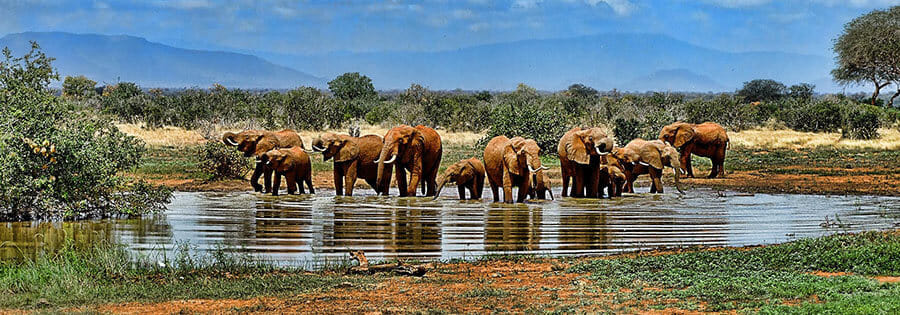

South Africa
Programs in South Africa


Vietnam
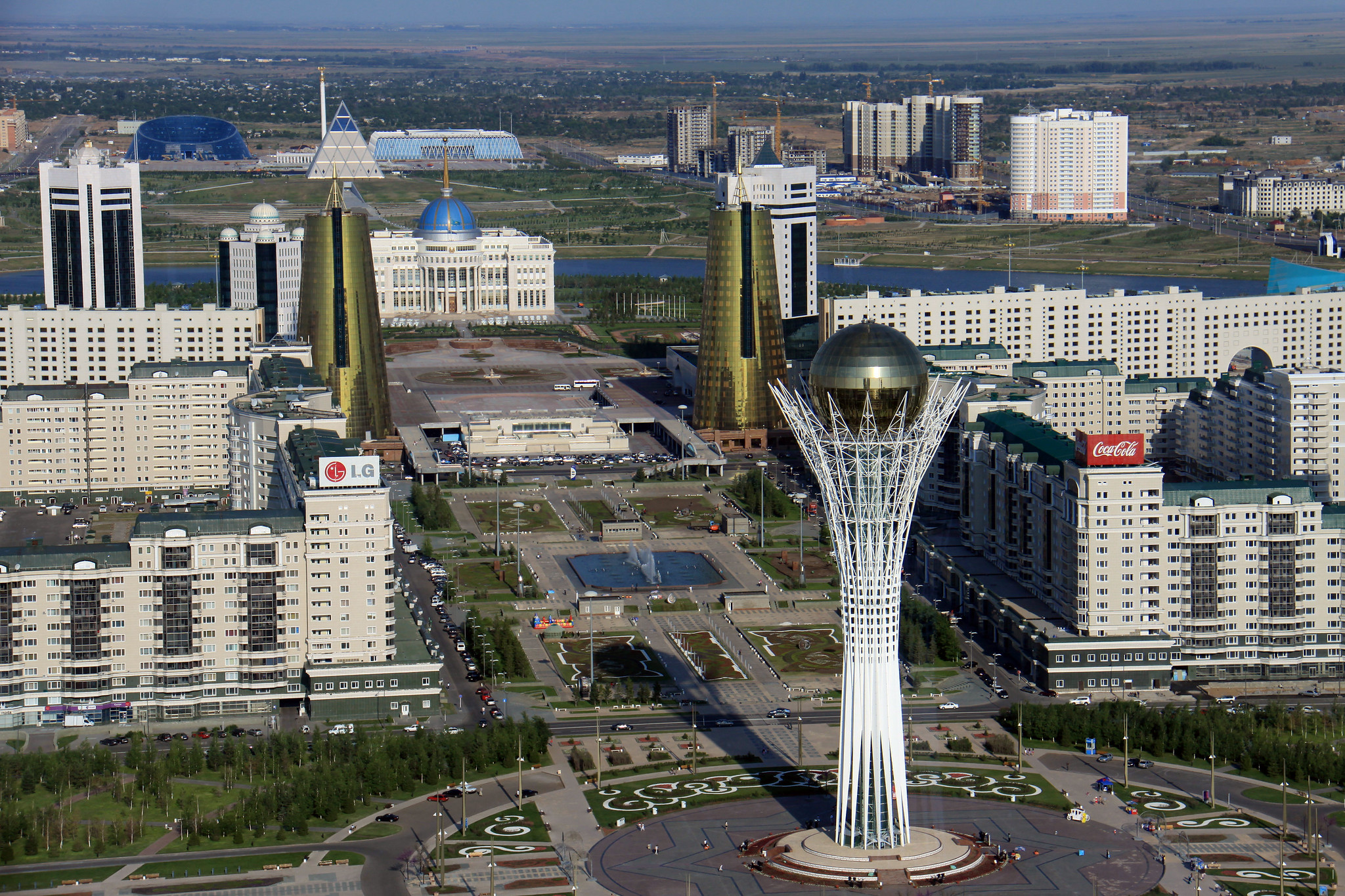

Kazakhstan
2030 WRG has begun initial engagement at the request of the Government of Kazakhstan to establish a multistakeholder platform to address water security needs in the country. These needs will be defined by the government, which aims to achieve the SDGs—notably SDG 6 on clean water and sanitation and SDG 13 on climate action, along with climate-related commitments and other obligations.
Get the latest
Subscribe to our newsletter to be the first to receive news and our current resources

